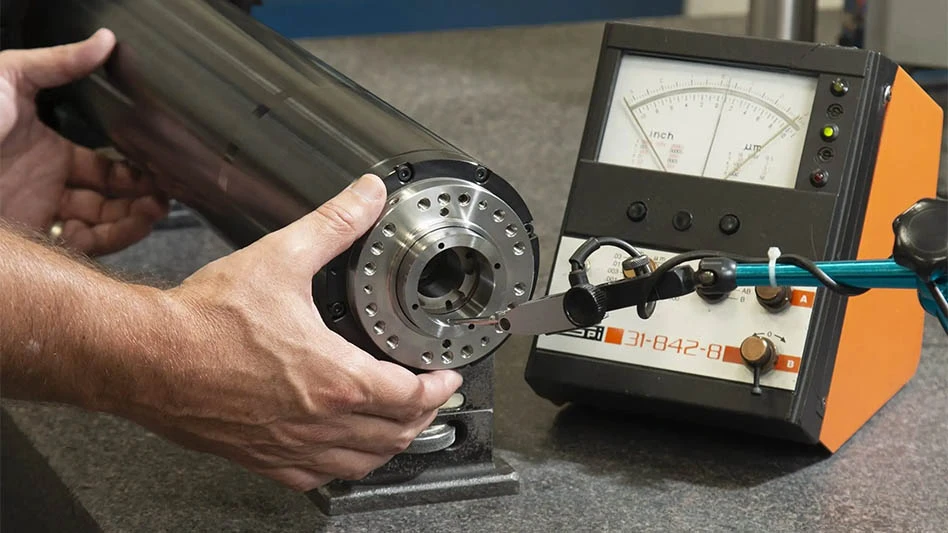
Respective companies
GE Aerospace, one of the aviation industry’s top artificial intelligence (AI) patent holders, has signed on as a member of the National Institute of Standards and Technology’s (NIST) AI Safety Institute Consortium (AISIC). The AISIC was established earlier this year, with the goal of bringing together AI developers in industry, government, academia, and civil society organizations to develop guidelines and policies to promote the safe and responsible use of AI.
GE Aerospace joins a group of 280 member organizations committed to developing new guidelines and standards, promoting the safe and trustworthy application of AI.
Paul Ardis, Technology Manager for AI & Computer Vision Technologies for GE Aerospace's Research Center, who will lead GE Aerospace’s participation on the Consortium, says AISIC’s mission is perfectly aligned with the company's rigorous governance practices around AI developments, stating, “In everything GE Aerospace does, it’s always safety first and our approach to new AI developments is no different. We have a robust AI Board in place that already is thinking through and has established guiding principles around how we develop and deploy AI in the safest, most responsible ways.”
Ardis added, “We look forward to sharing the learnings and perspectives of our AI Board with the AISIC, and in turn, we’re eager to learn from through the Consortium how we can continuously improve our management of new AI developments and applications.”
Ardis noted that GE Aerospace applied a lean + digital mindset that always emphasizes safety first to guide AI developments. Over the past decade, GE Aerospace has more than doubled its investment in AI technology, positioning the company as one of the top AI patent holders within the aviation industry. Today, GE Aerospace is using AI to enhance everything from engine monitoring and part inspections to delivering insights for airline customers to enable predictive maintenance measures and new ways to optimize fuel efficiency and safety.
Latest from Aerospace Manufacturing and Design
- AviLease orders up to 30 Boeing 737 MAX jets
- 256-piece general maintenance tool kit
- JetZero all-wing airplane demonstrator achieves milestones
- Cermet indexable inserts for medium turning operations
- Trelleborg acquires Aero-Plastics
- Industrial automation products, enclosed encoders
- #61 - Manufacturing Matters: CMMC roll out: When do I need to comply?
- AIX shows aircraft interiors are a strategic priority for global airlines





